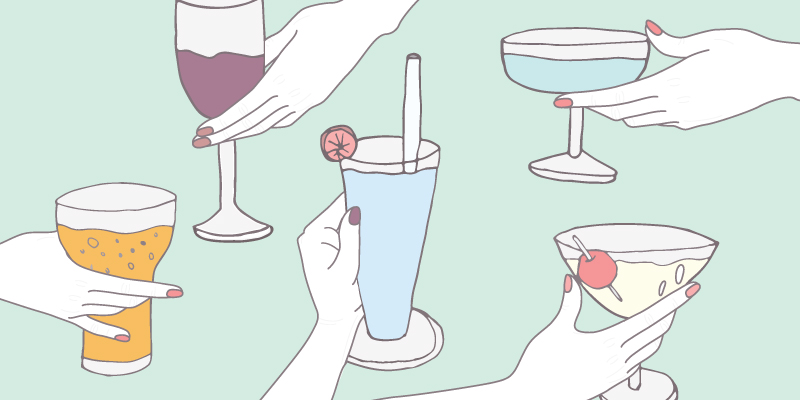President-elect Donald Trump caused quite the brouhaha when he suggested in a town hall that women seeking abortions should face “some kind of punishment.” Trump quickly walked back the comments, but he is not the first to suggest that women’s reproductive choices come with high legal ramifications. The drinking habits of pregnant women have for decades been seen as a public affair rather than a mother’s choice.
In 1992, Washington State legislators introduced a bill that would require women who gave birth to a child with fetal alcohol syndrome to consider birth control. The bill also postulated that if the woman had a second child who showed signs that the mother drank during pregnancy, the woman would have a contraceptive involuntarily put inside the skin of her arm. The contraceptive — Norplant — prevents women from having children for five years, and the Washington bill required that women would not be allowed to remove the contraceptive from their arms for at least six months after being found guilty.
The Norplant bill didn’t pass, but other states have laws on the books to punish women for consuming alcohol while pregnant. Since 1973, authorities in at least 45 states have sought to prosecute women for exposing their unborn children to drugs, according to ProPublica. Eighteen states have laws that regard the use of intoxicants by pregnant women as child abuse. In Wisconsin, as recently as 2005 a pregnant woman seen drinking could be taken into police custody. Back in the 1990s, a woman in Tennessee could face a misdemeanor child abuse charge for drinking while pregnant. Even in the liberal bastion that is New York City, behind every bar is a sign that reads, “Drinking alcohol during pregnancy can cause birth defects.” It’s the law that the sign be hung and that it be in plain sight.
Despite these laws that make pregnant women who drink cause for public concern and subject to legal action, long-term studies have found that the dangers of low and moderate alcohol consumption while pregnant are exaggerated. Groups like the American Medical Association, the American Academy of Pediatrics, and the National Council on Alcoholism and Drug Dependence have all released statements against prosecuting pregnant women who drink. And the Centers for Disease Control (CDC) found that 10 percent of American women drink alcohol while pregnant.
A recent development in New York City suggests the tide might be turning ever so slightly in favor of the pregnant woman wanting to order a drink, or just wanting to be left alone to make her own choices. On May 6, the city’s Human Rights Commission passed new guidelines that prohibit bars from discriminating against pregnant women. The guidelines focused on the prescriptive approach our society takes towards pregnant women, and warned that judgments regarding how pregnant women “should behave, their physical capabilities and what is or is not healthy for a fetus are pervasive in our society and cannot be used as pretext for unlawful discriminatory decisions.”
The guidelines don’t encourage women to go out and drink. But they do encourage bartenders to let women make their own life choices regarding their bodies.
Unlike the the Centers for Disease Control and Prevention. The CDC advises women not drink at any time during pregnancy — and goes way beyond that. Because any woman between the ages of 18 and 44 not on birth control might be pregnant, they should all avoid drinking, according to the CDC. “More than 3 million US women are at risk of exposing their developing baby to alcohol because they are drinking, having sex, and not using birth control to prevent pregnancy,” the CDC writes. “About half of all US pregnancies are unplanned and, even if planned, most women do not know they are pregnant until they are 4-6 weeks into the pregnancy. This means a woman might be drinking and exposing her developing baby to alcohol without knowing it.”
This seems extreme. The question that needs to be answered both by legislators and bartenders is, where to draw the line? Studies have shown that high levels of caffeine can cause birth defects, while moderate caffeine consumption (just like moderate alcohol consumption) is safe; should baristas at Starbucks also refuse to sell a pregnant woman an espresso? A bartender has a responsibility to keep a pregnant woman from binge drinking to a dangerous level, just like that bartender has a responsibility to keep any man or woman from binge drinking. But public shaming of and discrimination against a pregnant woman who just wants a drink at the bar is a slippery slope — one that could end in enforced implantation of Norplant.

